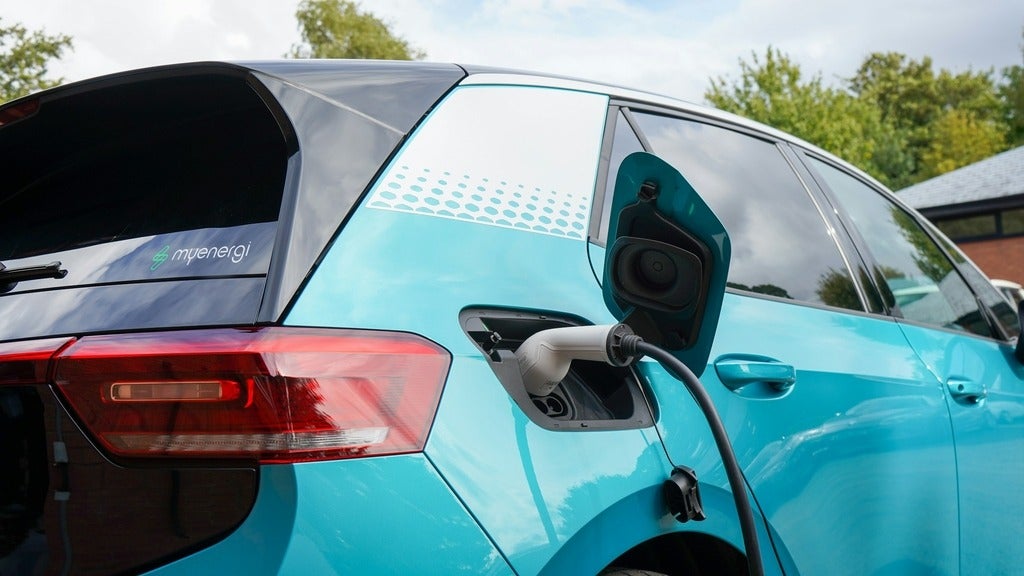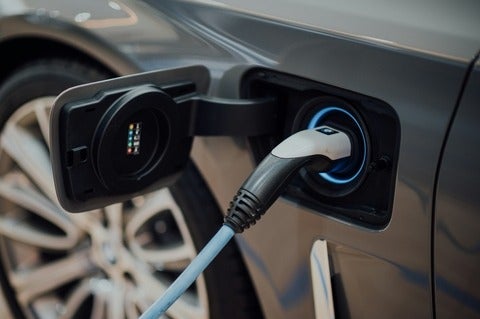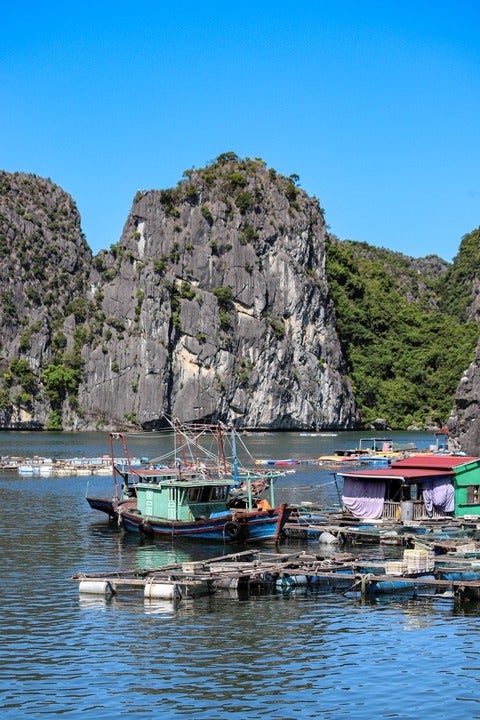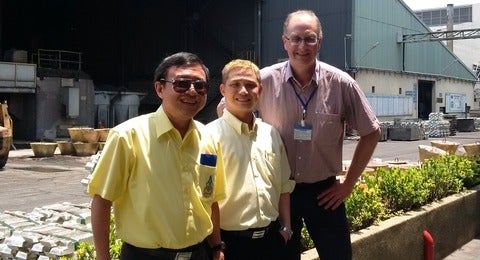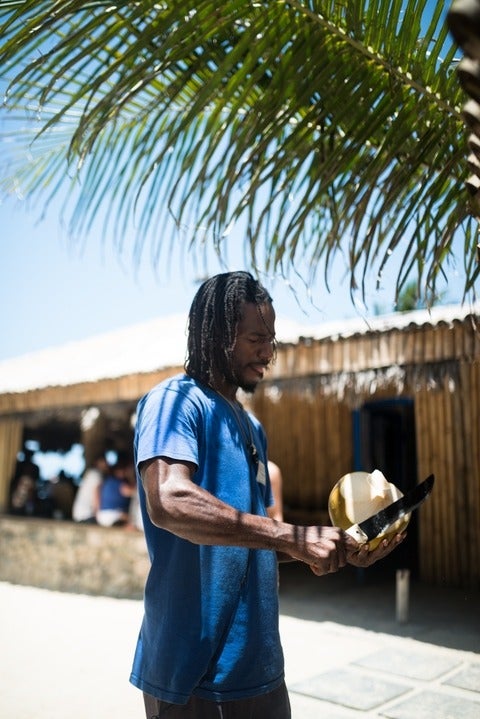WIEG researchers are generating life cycle assessment (LCA) datasets to evaluate the sustainability of battery materials and production processes.
Projects
Current projects
Establishing resource efficient circularity pathways for urban mines of battery materials in Canada
RECOVER focuses on enhancing small islands’ capacity to adapt to climate change through more inclusive, and research-informed decision environments. Small Island Developing States (SIDS) are on the frontlines of climate change and need transformational adaptation strategies urgently. Three SIDS in the Asia-Pacific region will serve as “hubs of innovation” for scalable and systems-changing climate resilience approaches.
Illuminating global sources of minerals and metals for responsible sourcing. A data-driven transparency initiative for mapping and tracking responsible production and trade of minerals and metals.
MetaRisk-W frames the vulnerability of Small Island Developing States (SIDS) to water stress from the perspective of “metabolic risk”, defined as systemic risks associated with the circulation, integrity, and availability of critical resources in a socio-ecological system.
Completed projects
Through the link of existing software (HSC Chemistry, Granta Selector and openLCA), TripleLink will allow improvements to product-oriented assessment and the circularity of products. It will also provide the possibility to calculate resource indicators describing criticality from a resource-economic perspective and from a conflict perspective, with simple application and clear interpretation.
The overarching goal was to evaluate the potential for aquaponics to be a responsible and sustainable solution to maintaining Canadian food security. Specifically, this thesis aimed to identify environmental and economic barriers faced by small-scale Canadian aquaponics systems and provide options for reducing barriers and environmental impacts through the application of life cycle assessment (LCA) and life cycle cost (LCC) analysis.
Hosted by UN Environment
Critical review of existing methods for assessing impacts of mineral resource use in life cycle assessment (LCA); recommendations for application-dependent use of these methods and for future methodological development
Policy pathways towards achieving sustainable food security in an island state (Jamaica), 2019-2021
Life cycle assessment of biobased materials and chemicals
